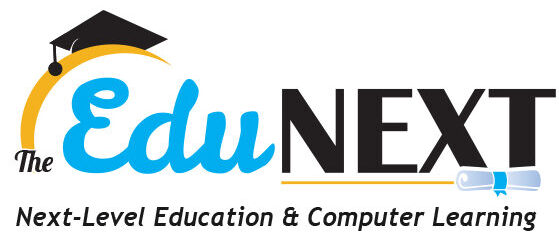Career Opportunities with an MLIS Degree
Graduates with an MLIS degree can pursue a variety of roles, such as:
- Librarian: Work in public, academic, or special libraries, managing collections and assisting patrons.
- Archivist: Preserve and manage historical records and documents.
- Information Manager: Oversee information systems and ensure efficient information retrieval in corporate or non-profit organizations.
- Digital Librarian: Manage digital collections and online information resources.
- Data Curator: Organize and maintain data collections for accessibility and usability.
Who Should Enroll in a Distance MLIS Program?
- Current Library Professionals: Looking to advance their careers or specialize in a particular area.
- Career Changers: Interested in entering the field of library and information science.
- Recent Graduates: From any discipline, seeking a professional qualification in information management.
What is a Distance MLIS?
A Master of Library and Information Science (MLIS) is a graduate-level degree focused on equipping students with the skills and knowledge necessary to manage and innovate in libraries, archives, and other information-centric organizations. A Distance MLIS program allows students to complete this degree online, offering flexibility and accessibility to those who cannot attend traditional on-campus programs.
Key Features of a Distance MLIS Program
- Flexible Learning:
- Courses are delivered online, allowing students to study from anywhere.
- Asynchronous classes let students access materials and complete assignments on their schedule.
- Comprehensive Curriculum:
- Core subjects include library management, information organization, digital libraries, cataloging, and information ethics.
- Electives allow specialization in areas like archives management, data curation, digital preservation, and user experience design.
- Practical Experience:
- Opportunities for virtual internships and practicums.
- Hands-on projects and case studies to apply theoretical knowledge.
- Expert Faculty:
- Courses taught by experienced professionals and academics in the field of library and information science.
- Supportive Learning Environment:
- Online forums, discussion boards, and virtual office hours for student-faculty interaction.
- Access to digital resources, including e-books, academic journals, and databases.
How to Get Started
- Research Programs: Look for accredited institutions offering Distance MLIS programs.
- Application Requirements: Typically include a bachelor’s degree, transcripts, letters of recommendation, and a statement of purpose.
- Financial Aid: Explore options for scholarships, grants, and student loans.
For more information, visit the websites of universities offering Distance MLIS programs or contact their admissions offices. Start your journey towards a rewarding career in library and information science today!



